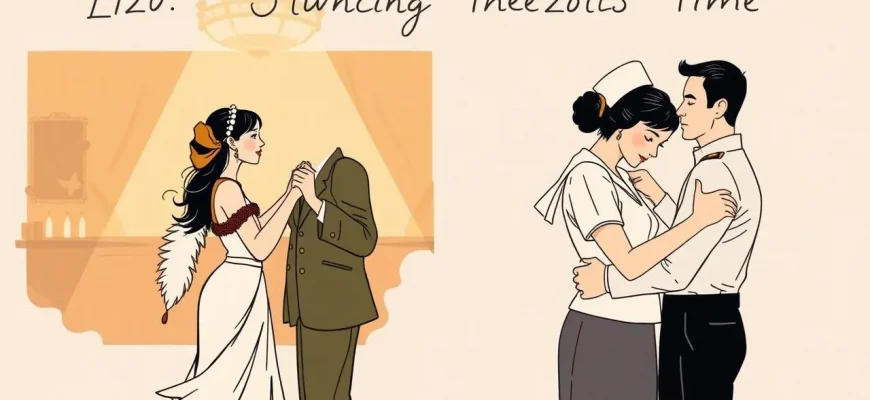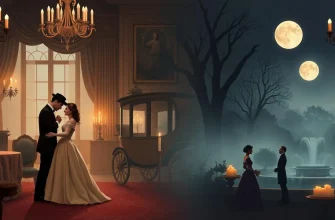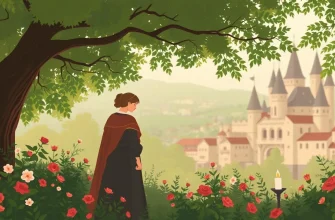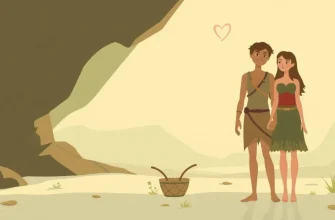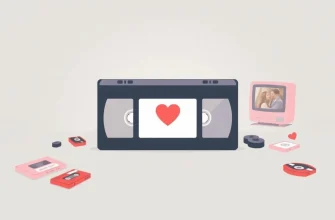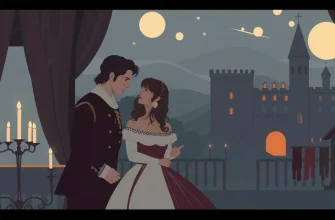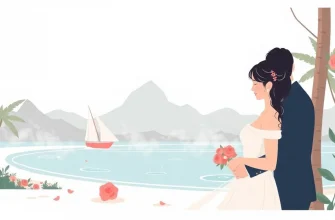The 20th century was a time of great change, and love stories from this era reflect the evolving social norms, cultural shifts, and historical events. These melodramas capture the essence of love, loss, and the human spirit, offering viewers a window into the past. Whether it's the roaring twenties, the turbulent times of war, or the cultural revolutions of the 60s and 70s, these films provide a rich tapestry of romance that transcends time.
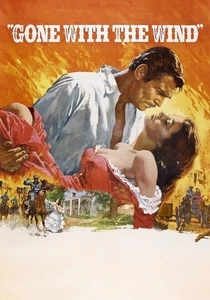
Gone with the Wind (1939)
Description: This epic historical romance, set during the American Civil War and Reconstruction Era, follows the tumultuous life of Scarlett O'Hara and her love for Ashley Wilkes, amidst the backdrop of a changing South. It's a tale of passion, survival, and the indomitable spirit of its heroine.
Fact: The film was the first ever to be released on video while it was still being shown in theaters.
 Watch Now
Watch Now 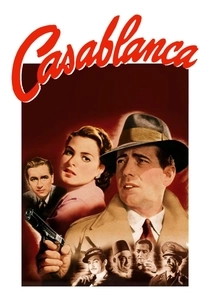
Casablanca (1942)
Description: Set during World War II, this classic film explores the bittersweet romance between Rick Blaine and Ilsa Lund, set against the backdrop of political intrigue in Casablanca, Morocco. It's a story of love, sacrifice, and the complexities of human emotions during wartime.
Fact: The film was shot in just 8 weeks, and the famous line "Here's looking at you, kid" was improvised by Humphrey Bogart.
 Watch Now
Watch Now 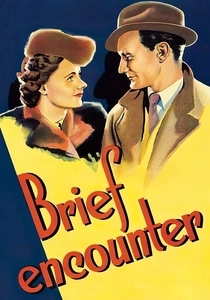
Brief Encounter (1945)
Description: This British film captures the fleeting, intense romance between a married woman and a doctor, set in a small English town. It's a story of love that cannot be, exploring themes of duty, honor, and the quiet desperation of unfulfilled love.
Fact: The film was voted the second greatest British film of all time in a 1999 BFI poll.
 Watch Now
Watch Now 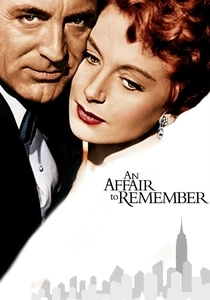
An Affair to Remember (1957)
Description: A poignant tale of two lovers who meet on a transatlantic cruise and agree to meet again in six months at the top of the Empire State Building. Their love story is tested by fate, making it a classic tale of love and destiny.
Fact: The film was a remake of the 1939 film "Love Affair," and its ending was changed to be more optimistic.
 Watch Now
Watch Now 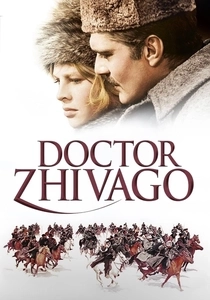
Doctor Zhivago (1965)
Description: Spanning the Russian Revolution and World War I, this film tells the story of Yuri Zhivago, a poet and doctor, and his love for Lara, amidst the chaos of a nation in turmoil. It's a sweeping epic of love, betrayal, and the search for personal identity.
Fact: The film was shot in Spain because the Soviet Union wouldn't allow filming in Russia, and the iconic "Lara's Theme" became a hit song.
 Watch Now
Watch Now 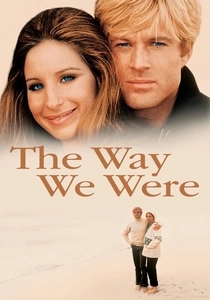
The Way We Were (1973)
Description: Set against the backdrop of political activism and Hollywood glamour, this film follows the love story of Katie Morosky and Hubbell Gardiner, two people from very different worlds whose love is tested by their ideals and ambitions.
Fact: Barbra Streisand and Robert Redford had to learn to play the piano for their roles.
 Watch Now
Watch Now 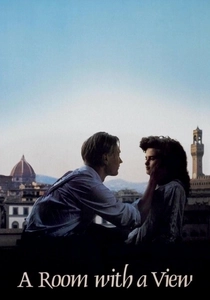
A Room with a View (1985)
Description: This Merchant Ivory production explores the romantic awakening of Lucy Honeychurch in Edwardian England and Italy. It's a tale of societal expectations versus personal desires, set in a visually stunning landscape.
Fact: The film won three Academy Awards, including Best Adapted Screenplay.
 Watch Now
Watch Now 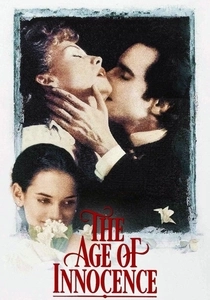
The Age of Innocence (1993)
Description: Martin Scorsese's adaptation of Edith Wharton's novel delves into the rigid social codes of 1870s New York, where Newland Archer's love for the unconventional Countess Olenska challenges his engagement to the innocent May Welland.
Fact: The film was Scorsese's first costume drama, and he used a color palette to reflect the emotional states of the characters.
 Watch Now
Watch Now 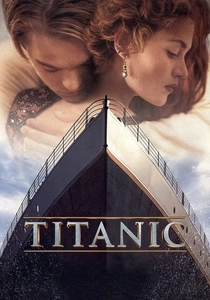
Titanic (1997)
Description: While not entirely set in the 20th century, the film's love story between Jack and Rose aboard the ill-fated ship captures the essence of the era's social divide and the timeless nature of love. It's a grand, tragic romance that has become a cultural phenomenon.
Fact: The film was the first ever to be released on video while it was still being shown in theaters, and it won 11 Academy Awards.
 Watch Now
Watch Now 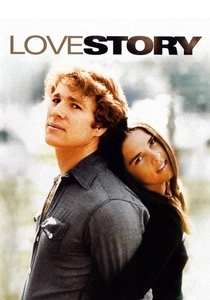
Love Story (1970)
Description: A heart-wrenching tale of a young couple, Oliver and Jenny, whose love is challenged by social class differences and a tragic illness. It's a story that defined a generation's view on love and loss.
Fact: The film's famous line, "Love means never having to say you're sorry," was originally a line from the book, not the screenplay.
 Watch Now
Watch Now 
